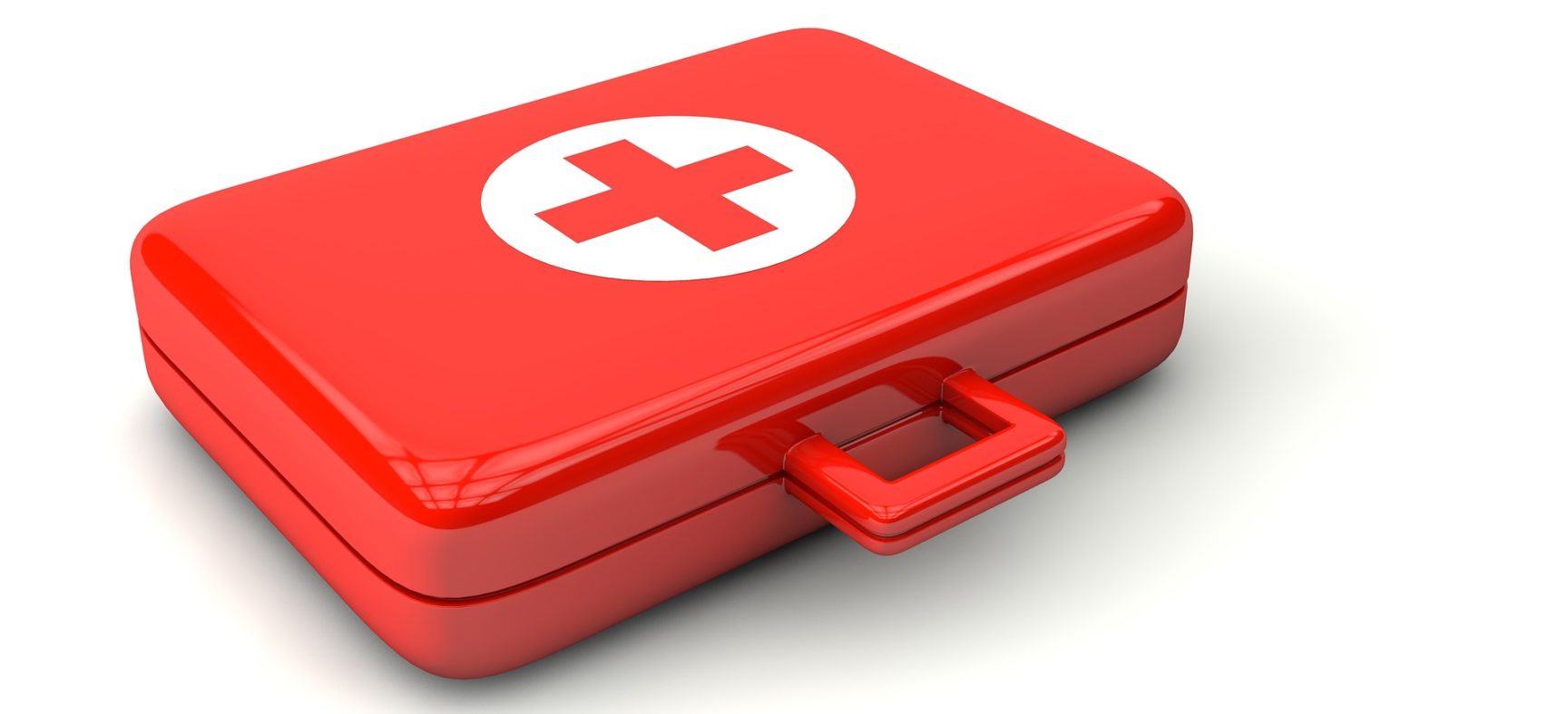When you think about the necessities for your car, safety should always be a top priority. But that doesn’t just mean getting your oil changed or your brakes checked regularly. Whether you’re planning a long trip or sticking to a familiar commute, the following are some tools and tips to help you prepare for emergencies on the road—just in case.
Basic first-aid materials
Grab a first-aid kit from a local drugstore. It will include all the basics, like elastic adhesive bandages, antibiotic ointment, and over-the-counter painkillers. Larger kits even come with splints and cloth bandage wraps, which are perfect when traveling with a large group.
Some additional items you may want to include: waterproof matches, a flashlight with extra batteries, disposable latex gloves, hand sanitizer, thermometer, plastic bags in assorted sizes, an electric blanket with batteries, duct tape, insect repellent, scissors, tweezers, and medications like aloe vera gel, hydrocortisone cream, antacids, antihistamines, and any others that don’t require refrigeration.
Adapting to the weather
In Texas, beating the heat is practically a requirement! We recommend keeping a gallon or two of water in your car in case you get stranded with a flat tire during a hot spell, or need to cool down an overheating engine. Some other things to keep the heat at bay include:
- Sunscreen
- Instant cold packs
- A sunshade to prevent the inside of your car from feeling like a sauna
For cold weather, an ice scraper, gloves, a hat, instant warming packs, and blankets are great. And if you’re stuck in an area with heavy rain or even a flood warning, you’ll appreciate having waterproof containers for your emergency kit, a rain jacket, and some flotation devices.
General preparedness items
In addition to a basic tool kit for vehicle maintenance, here are some valuable items to keep in your car at all times:
- Adapter and cell phone charger: Make sure you have a cell phone charger and adapter that can be used in your specific vehicle so you aren’t without communication—and a solar-powered charger can be an even better idea in case you end up completely without power.
- Jumper cables: This one is classic. Everyone’s been there: your battery dies and you need a stranger (or friend if you’re lucky) to reboot your car. With your own pair of jumper cables, you can be prepared for a good samaritan or return the favor yourself!
- A handful of cash: If you’re without access to power, like in a severe storm, some physical dollar bills can help get you what you need more easily than trying to find a location with electricity.
- Foodstuffs and bottled water: If you’re in your vehicle for much longer than anticipated, having some food to eat and water to drink will keep you energized and hydrated. You can keep it simple (e.g. granola bars and canned nuts) or go in-depth with a selection of military MREs (packaged meals that are ready to eat).
- Personal hygiene items: To keep yourself feeling clean and refreshed, you’ll probably appreciate having a toothbrush, toothpaste, deodorant, a change of clothing, and (perhaps most of all) toilet paper, too.
- Window glass breaker and seat belt cutter tool: If you find yourself in the most extreme situation—such as stuck in your car after a collision—then having this tool on hand can literally be a lifesaver.
You’ll never regret being prepared. Start now, and you can slowly build a comprehensive roadside emergency kit that will meet your needs for a long time to come.
Image via Pixabay.







